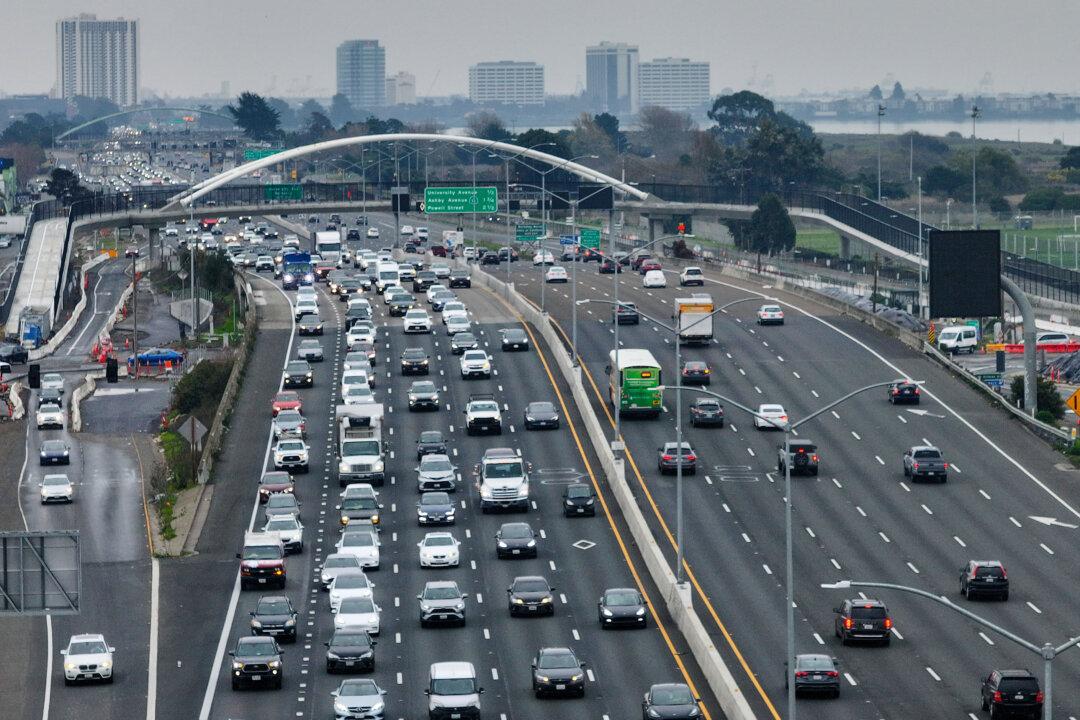The U.S. Department of Transportation has repealed a Biden-era rule requiring states to set targets for reducing carbon dioxide emissions from vehicles on federally funded highways, Transportation Secretary Sean Duffy announced on April 18.
The rule, finalized in 2023 but never implemented due to legal challenges, would have required state transportation agencies and metropolitan planning organizations to track tailpipe emissions on the National Highway System and establish declining greenhouse gas targets. Duffy called the regulation an unlawful overreach that prioritized climate policy over core infrastructure needs.





